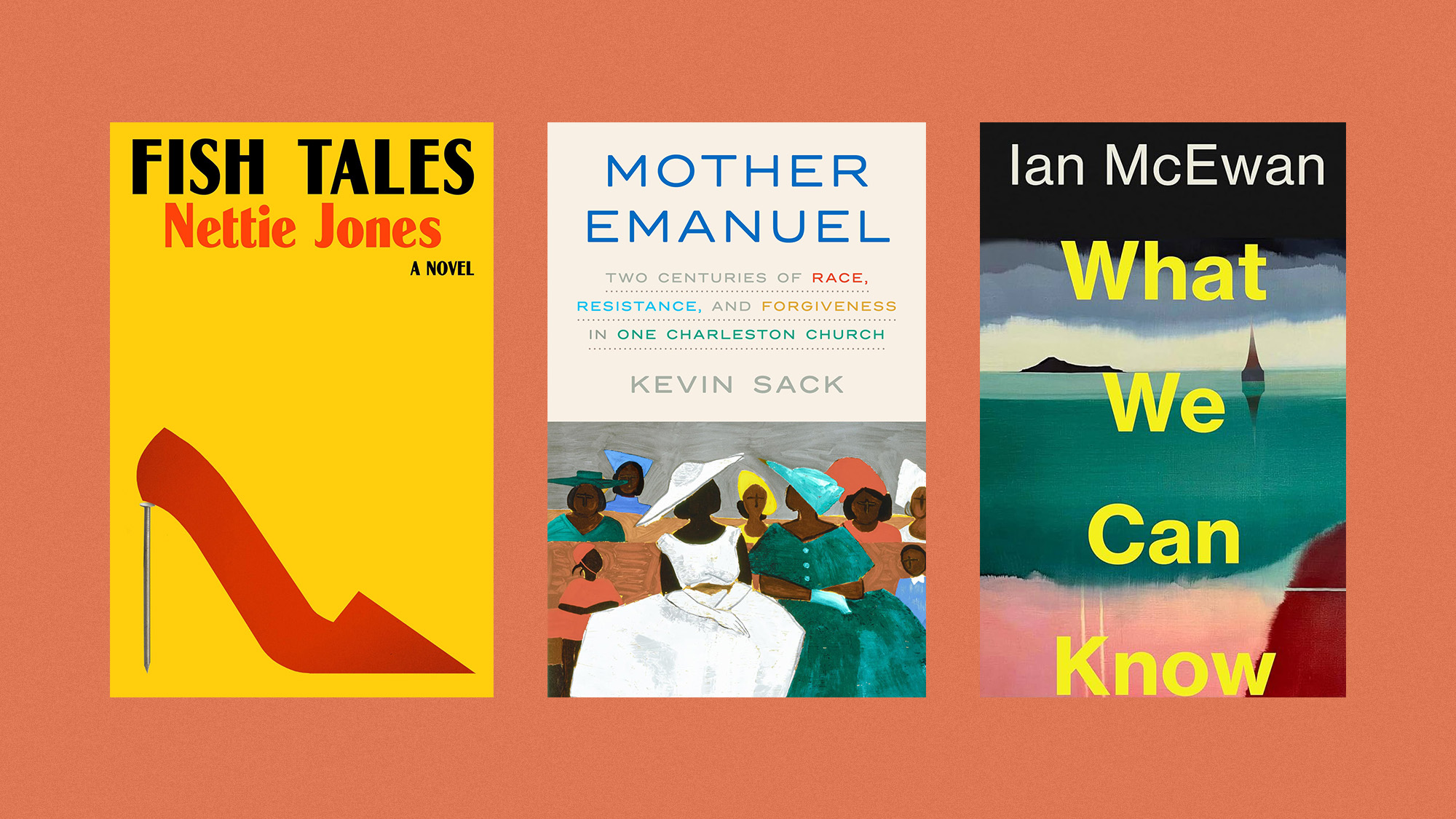Was CNN wrong to mine the late Chris Stevens' journal?
The news channel returns the late Libya ambassador's personal writing to his relatives, but not before it checks out some newsworthy details — and reports them

The State Department is furious at CNN for reporting details from the private journal of Christopher Stevens, the American ambassador to Libya who was killed in the Sept. 11 assault on the U.S. consulate in Benghazi. Philippe Reines, senior adviser to Secretary of State Hillary Clinton, said CNN used the information against the wishes of Stevens' family, and called the network's conduct "disgusting." A CNN rep said the cable news channel initially kept quiet about the journal's existence "out of respect for the family," but broadcast some of Stevens' jottings because they were important to the story. Was this an invasion of privacy, or just solid reporting? Here's what you should know:
How did CNN wind up with Stevens' journal?
CNN says a producer found it on the floor of the "largely unsecured" consulate three days after Stevens and three other Americans were killed in an attack by suspected Islamist militants. CNN says it notified Stevens' family "within hours." The family contacted the State Department, which arranged a conference call in which Stevens' relatives asked CNN to return the journal and not broadcast its contents. The State Department says CNN agreed to hold off on broadcasting anything Stevens wrote until it could return the volume to the family and let them review its contents. Nevertheless, days later, some of the information began popping up in CNN reports.
The Week
Escape your echo chamber. Get the facts behind the news, plus analysis from multiple perspectives.

Sign up for The Week's Free Newsletters
From our morning news briefing to a weekly Good News Newsletter, get the best of The Week delivered directly to your inbox.
From our morning news briefing to a weekly Good News Newsletter, get the best of The Week delivered directly to your inbox.
What information did the network get from the journal?
Several days after finding the journal, CNN reported that Stevens had been worried about "a rise in Islamic extremism" and security threats in Libya. CNN also said Stevens feared that his name was on an "al Qaeda hit list." On Friday, two days after those reports first aired, CNN's Anderson Cooper said that some of the information, which CNN had first attributed to a source familiar with Stevens' thinking, had actually come from the late ambassador's handwritten journal. CNN said it had taken newsworthy "tips" from the journal and confirmed them with other sources, because the American public had a right to know about Stevens' fears.
Is CNN's behavior really "disgusting"?
It depends who you ask. The State Department called the news organization's decision to mine the journal for information "indefensible." And the feds are absolutely right, says Mark Leccese at The Boston Globe. "If you want to be an ethical journalist, be an ethical human being." To do that, you have to "live up to a universal ethical principle, respect for families of the dead." Come on, says Kathleen McKinley at the Houston Chronicle. It was nice of CNN to contact the family, but the network's obligation was to get to the truth, not comfort the family. "You remember hard-hitting journalism, right? Since when did journalism become polite?"
A free daily email with the biggest news stories of the day – and the best features from TheWeek.com
Sources: Associated Press, Boston Globe, CNN, Houston Chronicle, Politico, Wall St. Journal
-
 Received a gift card this holiday season? Here’s how to maximize it.
Received a gift card this holiday season? Here’s how to maximize it.The Explainer Make the most of your present
-
 ‘Lumpy skin’ protests intensify across France as farmers fight cull
‘Lumpy skin’ protests intensify across France as farmers fight cullIN THE SPOTLIGHT A bovine outbreak coupled with ongoing governmental frustrations is causing major problems for French civil society
-
 The best books of 2025
The best books of 2025The Week Recommends A deep dive into the site of a mass shooting, a new release from the author of ‘Atonement’ and more